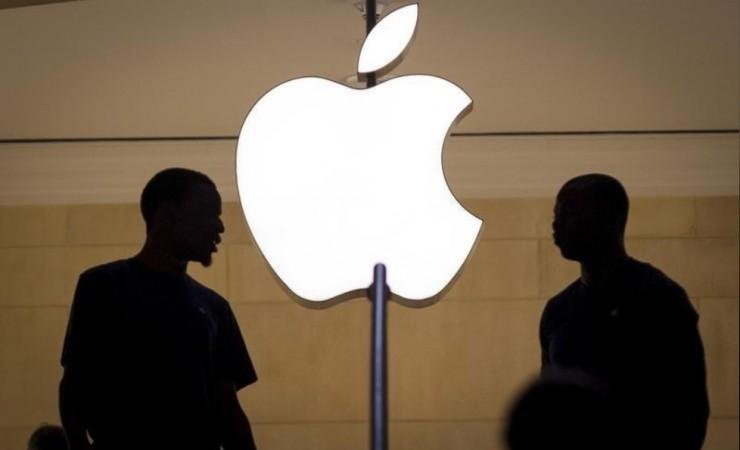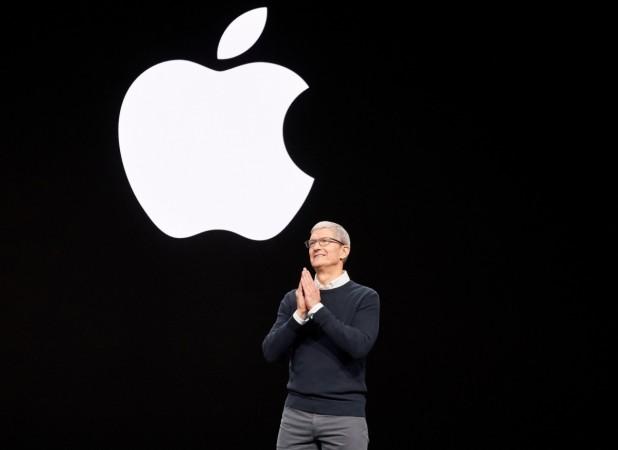Apple is the world's most commonly used brand name for phishing scams, recent research has revealed.
Phishing is the most typical way for scammers to illegally take money from people. Through this method, the scammers send emails to users pretending to be reputable companies and stimulate them to share their confidential information such as credit card details and passwords.
A new security report revealed that 59% of all phishing scams originate on the web and Apple is the most impersonated brand in these scams.
How Does the Scam Work?
Check Point Research's Q1 2020 Brand Phishing Report explained that in a phishing attack, scammers try to imitate the brand's official website by using a similar URL and web design that matches the actual site.

The good news for fake Apple emails is that they aren't as sophisticated as the actual brand communication. Besides, the random email addresses are easy to detect as a scam. However, if you do not pay close attention, then you may end up clicking the link and accidentally giving away crucial account information.
Apple IDs – High-Value Commodity on Dark Web
Apple's loyal user base aside, there's another reason for the tech giant's popularity amongst scammers. According to a 2018 report, Apple IDs commanded a much higher price on the dark web than any other non-financial credentials.
The scammers may try to extract information claiming that your Apple account is locked and needs you to reconfirm credentials to restore access or send you a bogus receipt showing an expensive purchase with a cancel link.

The report explained that even though most phishing attacks were emails directing users to fake websites, the use of fraudulent apps is also growing.
Preventive Measures
Maya Horowitz, Director, Threat Intelligence & Research, Products at Check Point, said, "Cybercriminals continue to exploit users by adopting highly sophisticated phishing attempts via emails, web and mobile applications purporting to be from well-recognized brands which they know will be in high demand at the moment, whether that's a high profile product launch or just generally tapping into behavioral changes we've seen during the Coronavirus pandemic. Phishing will continue to be a growing threat in the coming months, especially as criminals continue to exploit the fears and needs of people using essential services from their homes. As always, we encourage users to be vigilant and cautious when divulging personal data."
The best way to protect yourself against phishing attacks is to treat all email links with suspicion and manually type all URLs.













